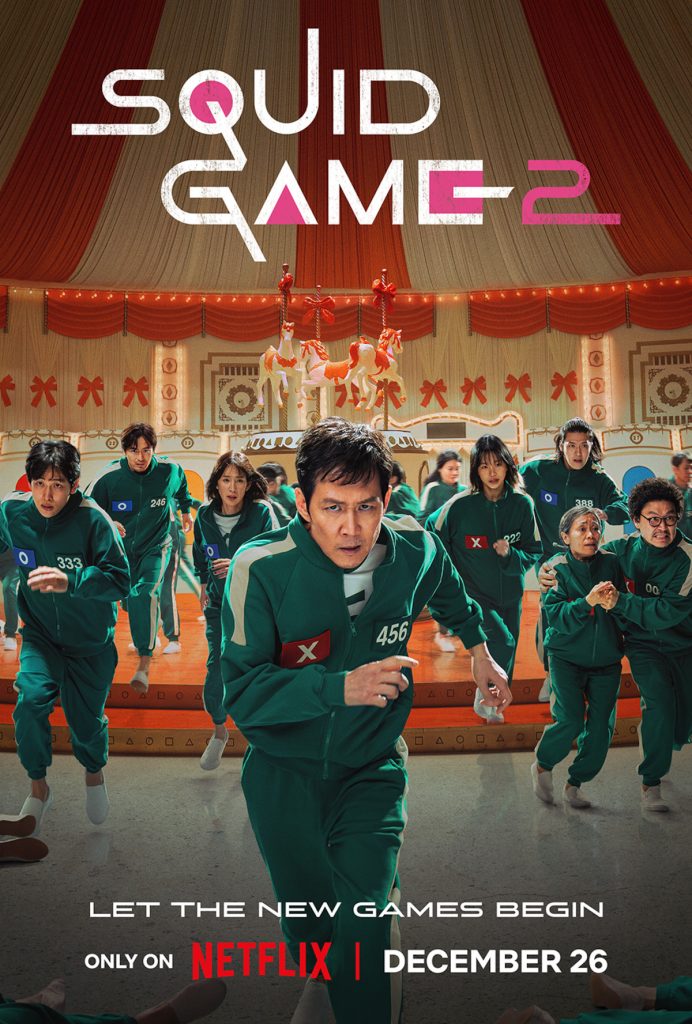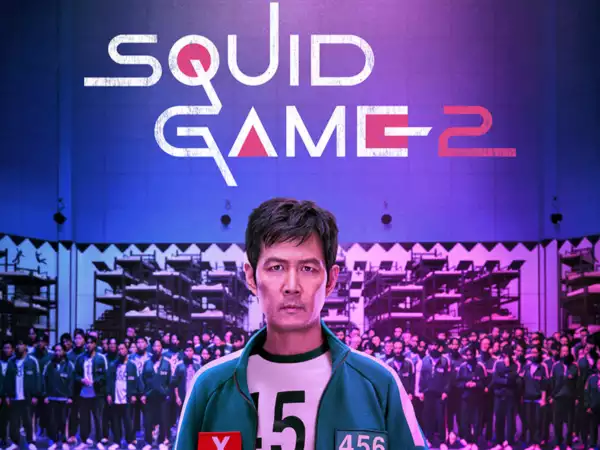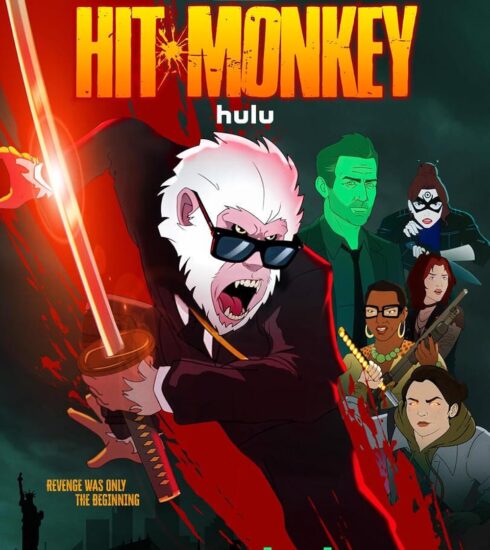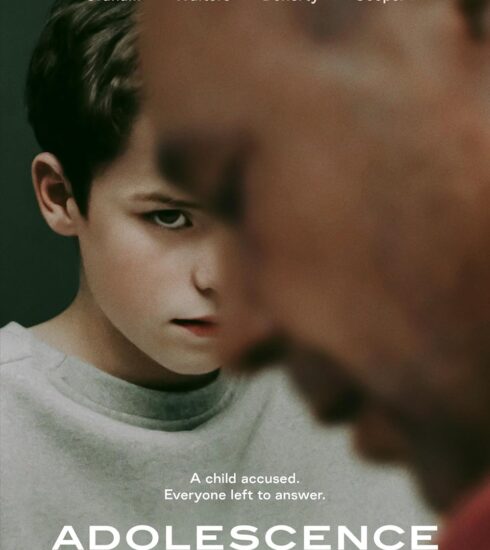Watch of the Week: Squid Game Season 2
One of the most interesting parts of the first season of Squid Game, the stellar South Korean Netflix series that became a bona fide cultural phenomenon, was not its murder games or colourful iconography. No, it was the painful reflections of the past by troubled protagonist Gi-hun, played by the always compelling Lee Jung-jae. These took the form of flashbacks that creator Hwang Dong-hyuk said drew inspiration from the real-life 2009 SsangYong Motor Co. layoffs after which thousands of workers went on strike and were violently repressed by police. It made clear that, while the many children’s games in the story were bloody in a way that was intentionally extreme, people would only be desperate enough to take part if the world outside was already pretty bleak.
It’s this harrowing undercurrent that ensures the show’s second season maintains the same urgent thematic resonance as the first. Even though it’s a bit less focused this time around, often feeling uneven with so-so subplots tacked on, Hwang remains deeply attuned to the textures of life and the inequality therein. There is a new cast of well-drawn characters, terrifying new games, more exploration of how people are pushed to turn on each other, and an entertaining dark wrinkle about a mystery player who’s not at all who he seems to be.

However, what ensures it cuts deeper are the moments between the violence. It’s here where we get invested in the people fighting through a competition where, like so much of modern life, the house always wins.
Picking up two years after we last saw a red-haired Gi-hun emerge as the sole survivor of the last games, he’s now dedicated his life to taking down those who were running them. He funds his search by using the blood money he won, but it isn’t paying off how he would hope. This is slow going at first in a way that could lose viewers merely wanting to get back to the games, but it proves rather effective at capturing just how much Gi-hun has changed due to the trauma from what happened to him. For all the time he has spent trying to bring down the games and those behind them, he is perpetually fighting an uphill battle. After getting as close as he can, he decides to reenter the competition.
From there, the show is best when it immerses us in his attempts to protect as many people as possible while preparing to take down the system from within. Though his knowledge does help aid some, he soon discovers that he is out of his depth. The games are different, and the people are frequently crueller, injecting what could have been a familiar retread with a greater punch as we observe Gi-hun trying to stop the brutality that surrounds him. Yet the wheels of death keep turning, and the bodies keep piling up. No matter how much he tries to break through to people, all of them are already at death’s door and willing to risk everything to buy their way out. Hwang pulls off a tough balancing act, wrapping us up in the trials and tribulations of each game just as we realise how unwinnable all of it is.

This is where the season takes a refreshing big swing in its finale as Gi-hun realises he needs to take greater steps to stop it all. We then get some riveting action sequences, but again it’s all infused with dread at how inescapably stacked the deck remains. Our heart breaks for Gi-hun as he comes face to face with this, with Lee giving an excellent performance. We feel every twist of the knife in his eyes as his character sees his painful past repeating. It then ends on an appropriately feel-bad cliffhanger while leaving the door wide open for more in what is being billed as a final season. If the show maintains its razor-sharp writing and the world outside remains as broken as it is, it will, unfortunately, be a perpetually relevant one.
Boluwatife Adesina is a media writer and the helmer of the Downtown Review page. He’s probably in a cinema near you.






